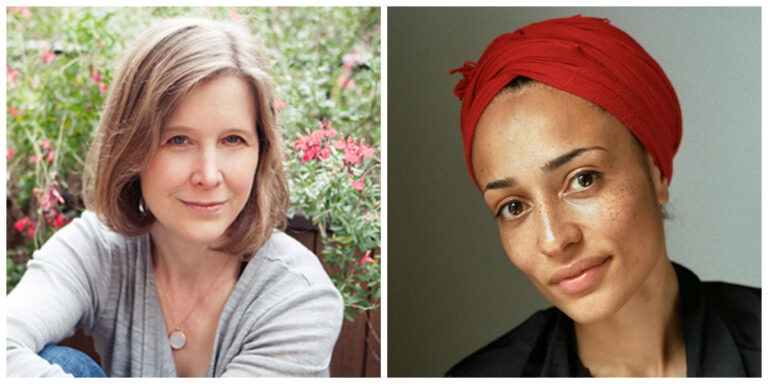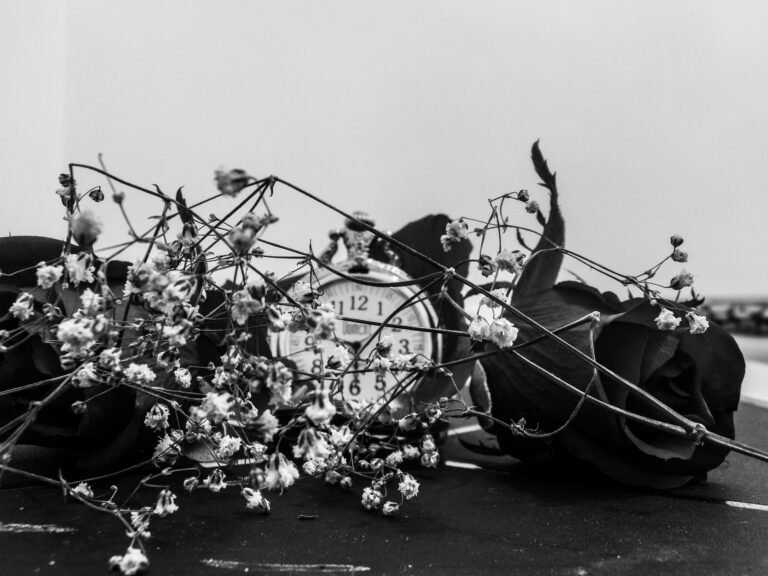Self-Education in Tara Westover’s Educated
 The first time Tara Westover, author of the memoir Educated, heard about the Holocaust, she was seventeen years old and sitting in her first semester of school at Brigham Young University. It wasn’t just her first semester of college—she had never, before that week, been in a school classroom, nor had she ever read anything at home that wasn’t a religious text. Sitting in her lecture on Western art, she sees the unfamiliar word, Holocaust, in italics under an image in her textbook. “I don’t know this word,” she tells her professor during class. “What does it mean?”
The first time Tara Westover, author of the memoir Educated, heard about the Holocaust, she was seventeen years old and sitting in her first semester of school at Brigham Young University. It wasn’t just her first semester of college—she had never, before that week, been in a school classroom, nor had she ever read anything at home that wasn’t a religious text. Sitting in her lecture on Western art, she sees the unfamiliar word, Holocaust, in italics under an image in her textbook. “I don’t know this word,” she tells her professor during class. “What does it mean?”
The silence, she says, was almost violent. “Thanks for that,” he tells her, and returns to his lecture. On this first day of Westover’s formal education, she spends considerable time in the computer lab after class teaching herself about the horrors of the Holocaust.
This gap in her knowledge illustrates her family’s attitude toward schooling perfectly. Westover grew up in a Mormon survivalist family on a mountain in southeastern Idaho called Buck’s Peak. She was born some time near the end of September in 1986, but her mother didn’t request a birth certificate for her until she was nine years old. There was no need for one without school. Her father’s paranoia about government interference is the family’s framework and the reason for their isolation: they can’t go to school or the doctor because those institutions are run by “the Feds”; the End of Days is always a threat.
“Learning in our family was entirely self-directed,” she says early on. Westover learned to read, but not much else. She taught herself algebra for the ACTs before attending college at BYU and graduate school at Cambridge and Harvard. Her emotional education, the bright center of her transformation in Educated, is also delayed, atypical. In her adult life, she has to unlearn all that she grew up believing about what it meant to be a good woman.
Westover’s father, who works in the scrap yard, casts a long shadow over this book. He often brings his seven children to work to help him, where he’s reckless with their safety as well as his own—several of them sustain debilitating injuries that their mother, the owner of a successful herbal healing business, just can’t treat, including head injuries, a burned leg, and deep gashes. The accidents are so gruesome and commonplace it’s a wonder the siblings make it to adulthood.
Westover’s father also believes—and convinces others to believe—that he has prophetic powers, which permit his abusive behavior and excuse it in others. Westover’s older brother Shawn (a pseudonym) sadistically tortures Westover throughout her adolescence, but when she confronts her parents about it, they equivocate, effectively gaslighting her and plunging her into her greatest journey towards education: learning to trust her own memories and instincts.
It’s not until another older brother encourages her to study for the ACTs and apply to Brigham Young University, the Mormon college in Utah, that she sees the open door to the rest of the world, one in which she can leave the mountain and live differently from the family that raised her. She begins reading. The only books in her home are the Bible, the Book of Mormon, and texts by Mormon prophets, but: “The skill I was learning was a crucial one,” she says, “the patience to read things I could not yet understand.”
Of course, we know how the story ends. The book would not exist had Westover stayed captive to her family’s paranoia and dysfunction. But the pleasure of Educated is in seeing her journey unfold. With each lecture she attends in college, she widens the fault line between her own voracious hunger to let the world in and her family’s desperate attempts to keep it out. Her professors notice her brilliance, and she lands spots at Cambridge and Harvard for graduate study.
“Part of me will always believe … that my father’s words ought to be my own,” she admits. Several members of her family say they believe her story of her brother’s abuse but then change their minds. “Talking to you,” her mother writes her, “your reality is so warped. It’s like talking to someone who wasn’t even there.”
She makes friends who discuss feminism as a political and social ideology rather than use it as an insult, she travels to Rome, Paris, and Jordan, she falls in love, goes to therapy. She embraces the wideness of the world, and yet, even as a well-educated adult, she cannot separate herself from the family that so misunderstands and abuses her. Even with a PhD, Westover lives, she says, “the life of a lunatic. Seeing sunshine, I suspected rain. I felt a relentless desire to ask people to verify whether they were seeing what I was seeing. Is this book blue? I wanted to ask. Is that man tall?”
Without anyone to confirm, Westover is left with her biggest educational project yet: to learn how to depend on her own mind. Her redemption comes in untangling her own roots from her family’s. Leaving, she finds, offers no middle ground. She wrenches herself free using her formal schooling and its promise of something different and more nourishing. Westover’s education is complete when she cannot go back to the ignorance she lived in before her enlightenment. “Who writes history?” she asks herself the day she finishes a draft of her dissertation. “I do.”


